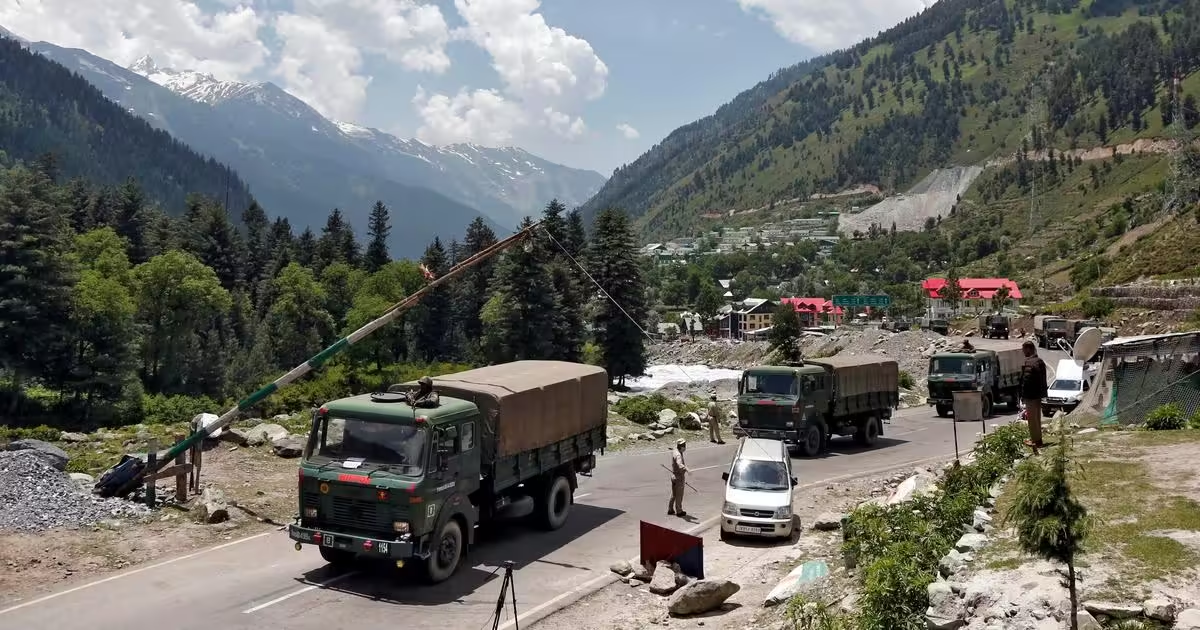Renowned engineer and educator, Sonam Wangchuk, known for his pioneering work in sustainable development and education in Ladakh, recently made a powerful statement that resonated deeply with his commitment to environmental conservation. Despite facing extreme weather conditions, Wangchuk affirmed his resilience by stating, “I’m still fine surviving on just water & salts.”
His words carried even more weight as he revealed the harsh reality of life in Ladakh during winter. Wangchuk highlighted that on a frigid night where temperatures plummeted to -11°C, he and 125 others had to endure hunger while sleeping outdoors under the clear skies.
This revelation came on the beginning of Day 15 of Climatefast, a poignant reminder of the ongoing struggle against climate change and its profound impacts on vulnerable communities worldwide.
However, amidst this adversity, Wangchuk emphasized a crucial message that transcends geographical boundaries: the urgent need to save Ladakh’s glaciers. He stressed that this is not merely a concern for the people of Ladakh alone but a global issue that impacts us all.
Ladakh’s glaciers play a vital role in regulating the Earth’s climate and ensuring water security for millions of people downstream. The melting of these glaciers due to climate change poses a significant threat not only to the local ecosystem and livelihoods but also to global climate stability.
Wangchuk’s poignant reminder serves as a wake-up call for collective action. It urges us to recognize the interconnectedness of environmental challenges and the imperative to address them collaboratively. Saving Ladakh’s glaciers requires a concerted effort from governments, communities, and individuals worldwide.
As we reflect on Wangchuk’s profound words and the plight of those enduring harsh conditions in Ladakh, let us also recognize our shared responsibility to protect our planet’s precious resources. By standing together and taking meaningful steps towards sustainability, we can safeguard not only Ladakh’s glaciers but also the future of our planet for generations to come.


